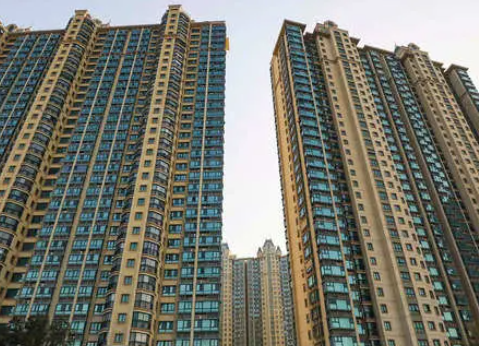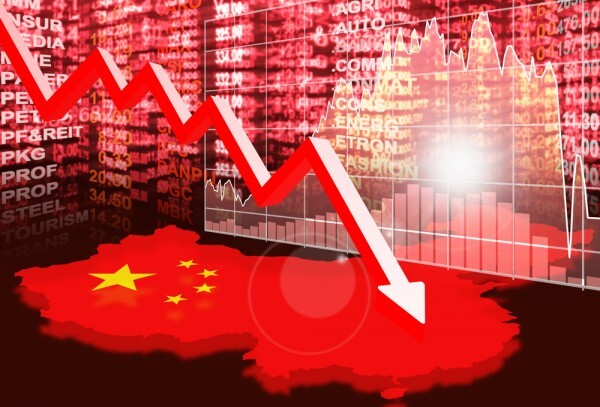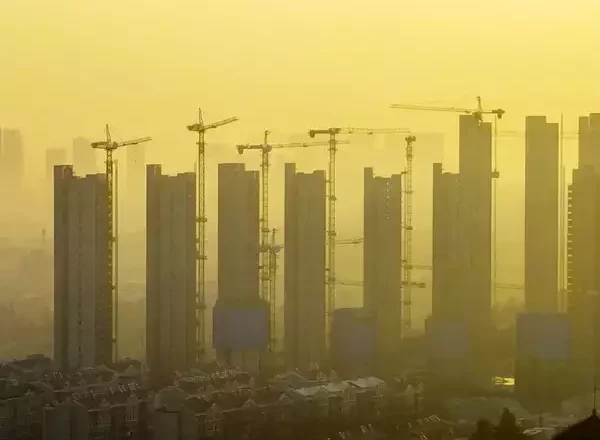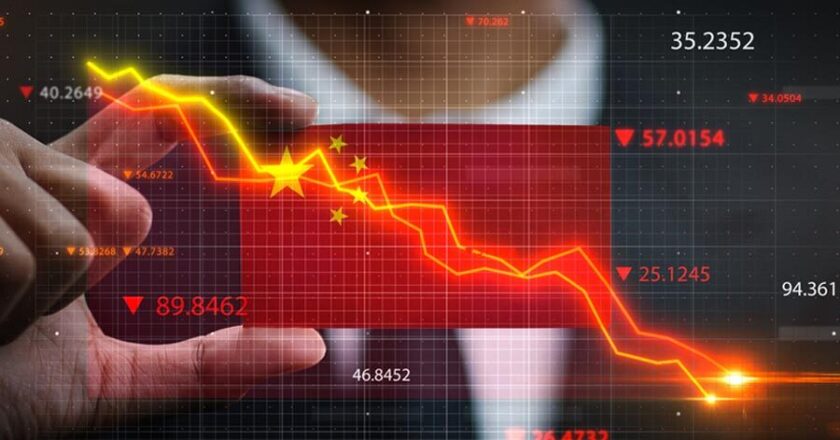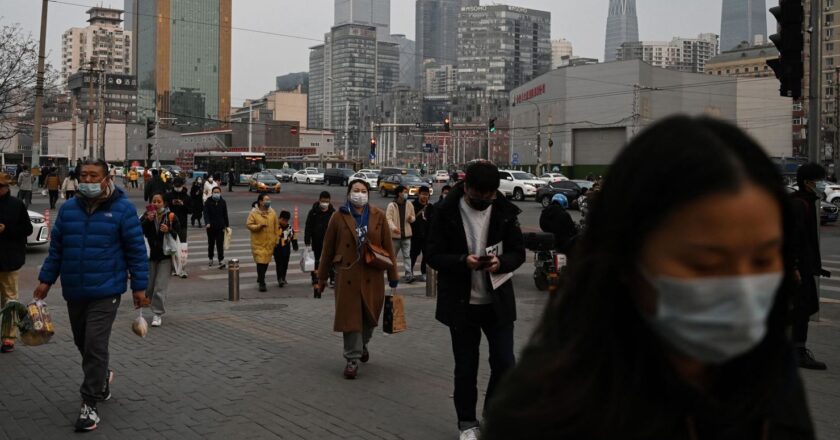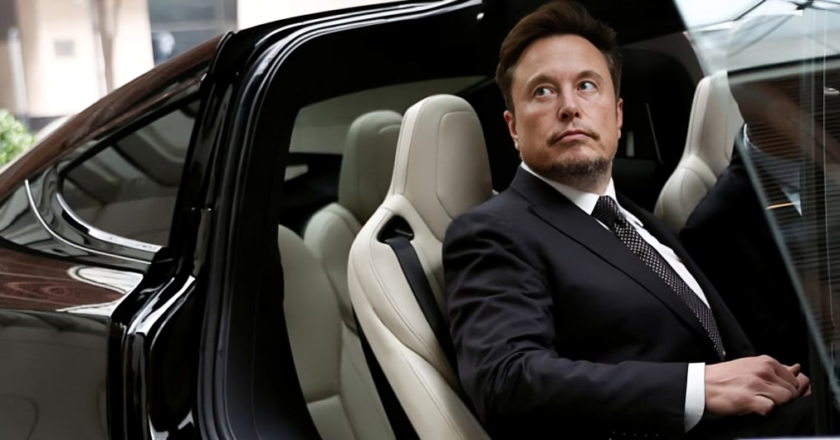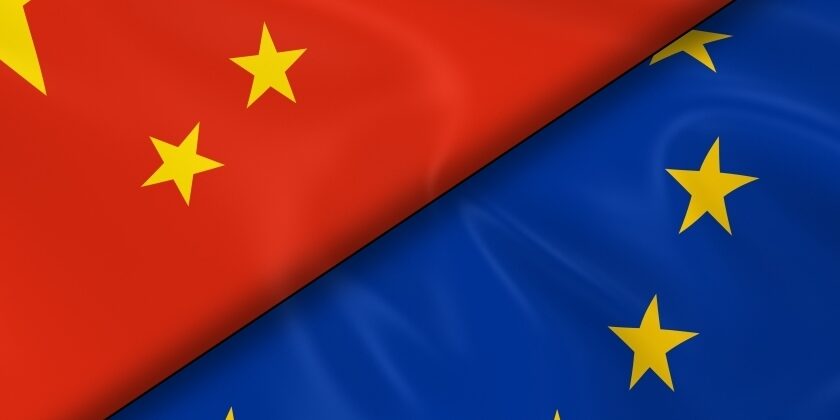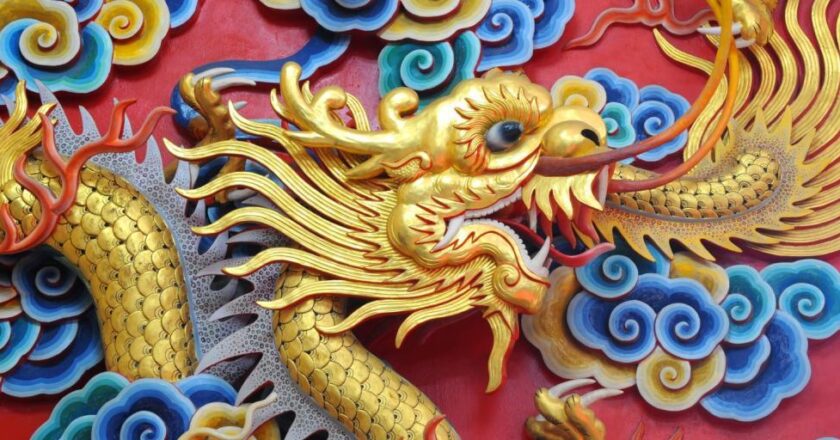China’s Economy in the Year of the Dragon: It’s a bleak place
At the end of January, a Hong Kong judge ordered the liquidation of the heavily-indebted Chinese real estate giant Evergrande. It was just the latest piece of bad news for China’s economy, after a year of disappointing growth, high youth unemployment, and various surveys and media reports that show a lack of confidence amongst China’s entrepreneurs and consumers.
Some observers have been predicting an economic collapse in China for decades. Others have long predicted that China would be stuck in a middle-income trap or some other type of economic stagnation. Might some of these predictions come true this time? What does the Year of the Dragon have in store for consumers, companies, and markets? What should we look out for this year to understand both China’s real economy and its financ...
